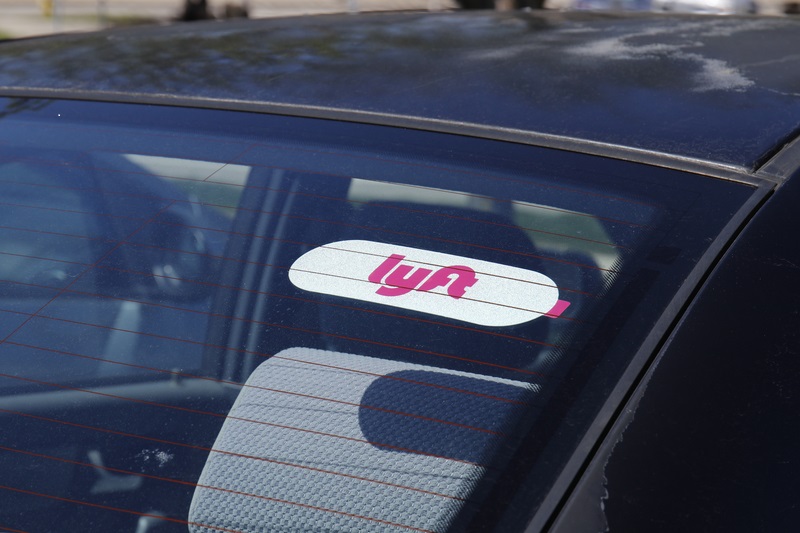
Photo: Jonathan Weiss | Dreamstime.com
Baltimore partners with Lyft for free rides to work
07 April 2022
by Sarah Wray
Baltimore’s new ‘Let’s Ride to Work’ programme aims to support newly employed residents by providing free rides to and from work for their first four weeks of employment.
The initiative is a partnership between the Mayor’s Office of Employment Development (MOED) and ride-hailing company Lyft. It is part of Baltimore’s COVID-19 employment recovery strategy, and funded through American Rescue Plan Act (ARPA) money.
Public transport is very limited in certain parts of Baltimore, creating a barrier to employment for residents who struggle to get to and from work.
MOED is investing US$267,000 to fund up to 40 free Lyft rides per eligible resident.
“Our residents shouldn’t have to turn down employment opportunities because they lack transportation – especially not while they are trying to recover from the pandemic. You shouldn’t have to worry about what it’s going to cost you to get to work before you even get your first pay cheque,” said MOED’s Director, Jason Perkins-Cohen.
On-demand transport
To qualify, residents must be referred by a partner organisation, be newly employed and working at least 32 hours per week, have transportation needs, and have lost income due to the pandemic.
MOED expects the scheme to help over 300 residents.
“We have numerous residents who are looking for meaningful employment, but are held back by limited transit options,” said Mayor Brandon M. Scott. “This programme will provide stability to residents by helping them get to and from work during their initial pay period. I want to thank Lyft for helping make this possible.”
“We are excited to collaborate with the Mayor’s Office of Employment Development to help Baltimore residents get to work,” commented Paul Davis, Director of Transit and Government Partnerships at Lyft. “Access to reliable transportation is critical to finding and keeping a job, and this partnership will give residents a flexible on-demand transportation option for their commute to work.”
As the pandemic upended regular travel patterns and highlighted equity issues, cities have taken a more flexible approach to services, including providing more on-demand options and integrating with other mobility providers and modes beyond bus and rail.
Both Uber and Lyft offer several partnership options for transport agencies.
Image: Jonathan Weiss | Dreamstime.com










